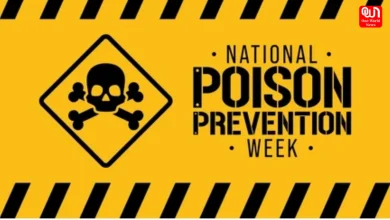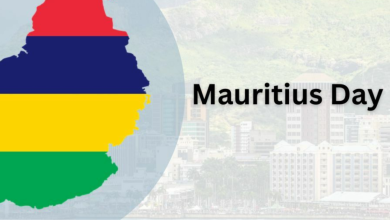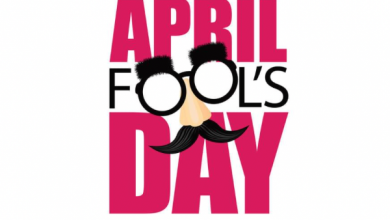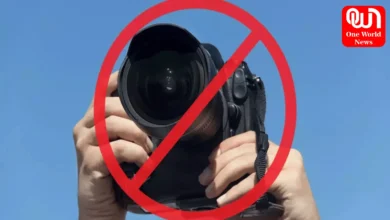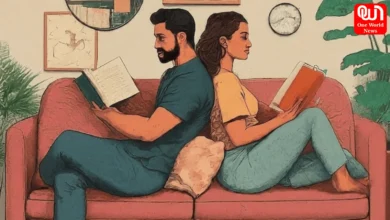Kaam Ki Baat: The curious case of coronavirus vaccines in India
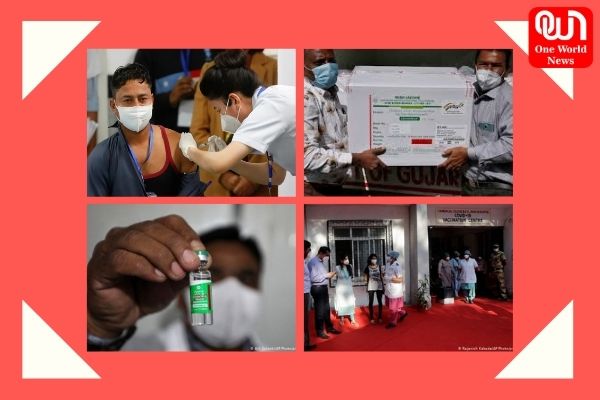
All the debates around the coronavirus vaccine explained here
Death of 29 people in Norway after being administered Pfizer’s COVID-19 vaccine has given rise to doubts on the credibility of coronavirus vaccines. Multiple news reports said that most of the deaths occurred in the Norwegian people aged more than 75. All the reported deaths were found in elderly people and the authorities are assessing deaths. This has caused concern with the use of Pfizer’s vaccine across the world.
The first Covid-19 vaccine shots were given on Saturday to more than 190,000 frontline healthcare and sanitary workers in India after PM Narendra Modi rolled out the world’s largest inoculation drive against the COVID-19 which has claimed 152,419 lives so far.
India has rolled out two COVID-19 vaccines — Covaxin and Covishield. While Serum Institute of India’s Covishield is the first preference, Covaxin is kept for emergency uses. Covaxin, indigenously produced by Bharat Biotech hadn’t completed the necessary third phase trial when it was approved for the restricted emergency use.
Health Experts had raised concerns
Health experts and scientists had raised concerns over the decision to allow emergency use of Bharat Biotech’s Covaxin saying that it many put mass immunization program in jeopardy. They added that fast-tracking vaccines may impact the acceptance of vaccine among the general population across the country.
Dr Naveen Thacker, a former civil society organization representative to the Gavi board, the Vaccine Alliance, and executive director of International Pediatric Association, said, that the immunization was never a political issue so far for rubella, polio, measles, or Mission Indradhanush, but the approval of Covaxin has sharply divided the country along party lines. This will further fuel the infodemic of disinformation and misinformation and may result in jeopardizing the COVID-19 vaccine drive.
Read more: Two vaccines approved, how will they be injected to Indians?
A shadow is lurking over the trial process of India’s homegrown Covid-19 vaccine.
Covaxin, co-developed by Bharat Biotech and the ICMR (Indian Council for Medical Research), has been accused by some trial participants of not making adverse events public and sidestepping procedure. Participants of a vaccine trial in Bhopal, Madhya Pradesh alleged that they were not informed that the jab would be given to them as a part of the clinical trial.
As per the report of NDTV, more than 12 people claimed that they were misled into taking part in trials held by a local private hospital, the People’s College of Medical Sciences. They alleged that they were not informed about the risks of the trials, but told only that the injection would prevent coronavirus. They also claimed they were not given mandatory copies of the consent form.
As many as 250 people might have signed up and the allegation is that few were informed of risks and trial, or told of they would be insured or given a copy of the informed consent form. Urine, nose and urine samples were reportedly collected, after which many participants were handed a four-page booklet to note downside effects.
Many participants alleged that they get frequent headaches and backaches, and feel a loss of appetite since receiving the jab. Gulabi Devi, a Bhopal resident, claimed that her son fell ill 10 days after receiving the trial shot. She also said that she had to take him to a private hospital to seek medical attention at her own cost.
The more serious concerns came after the death of a volunteer on December 21, 2020, nine days after receiving the trial shot. Bharat Biotech clarified that the participant was a part of the trial, but because the trial was blinded, it could not confirm whether he received an active vaccine shot or a placebo.
Covishield was also in question
Trials were halted in the UK when the Oxford-AstraZeneca vaccine development reported an adverse event in September 2020. In India, Serum Institute of India (SII), trials partner and vaccine manufacturer, received a notice from India’s drug authority for not notifying this adverse event. Serum Institute of India halted the trial until India drugs authorities were satisfied with the safety studies.
This was not the case for the Bharat Biotech’s Covaxin trial as it continued even after the death of a trial participant. In fact, activists alleged that the details of fatality were not even made public until media picked and reported it.
What happened after the jab
The vaccination drive took off on 16th January and a total of 2,24,301 people were inoculated in the first two days of the program. But some people have been reporting adverse effects after taking the vaccine on the first day. A 46-year-old man, Mahipal Singh, died a day after taking the vaccine of COVID-19. He was a ward boy in the district hospital in Moradabad, Uttar Pradesh. Mahipal Singh started feeling uneasy immediately after taking the jab.
A man died hours after taking the jab
On Saturday, the man identified as Mahipal Singh began feeling uneasy immediately after taking the jab. He complained of breathlessness, uneasiness in chest and cough the next morning. He was rushed to the district hospital but the doctors pronounced him brought dead. His family members said that he was little unwell before he was given the vaccine shot but the condition deteriorated after taking the vaccine.
In Kolkata, a 35-year-old nurse lost consciousness minutes after taking the vaccine shot on Saturday. She was later admitted to the ICU.
In Delhi, as many as 51 people exhibited adverse events after receiving the shot of COVID vaccine. Satyendra Jain, Delhi health minister, said that 51 minor and 1 serious adverse events were reported after the day one of vaccination drive in New Delhi.
Fake news around Vaccines
Battling fake news in the world of social media is one of the toughest challenges of the 21st century. In late December 2019, some people on social media have come out with a ploy to spread panic about the coronavirus vaccine.
According to a claim made using an edited image, taking the COVID-19 vaccine will turn one into a zombie. A screenshot of a television news bulletin went viral on social media, which showed blood splattered around in a hospital ward. There was a ‘CNN’ logo in the image that attempted to legitimize the bizarre headline – “Breaking News: Hospitals on lockdown as first Covid vaccine patients start eating other patients.” The claim went viral on social media as people shared the picture. Later, when inspected it was found that the viral image was morphed with the picture depicting an old incident related to the treatment of gunshot victims in the United States.
Even before the vaccination drive started in the United Kingdom and the United States, social media platforms in these countries were already busy in peddling all kinds of misinformation related to its likely ineffectiveness and its possible side-effects. Leading politicians have also misled the public on the efficacy of vaccines. Brazilian President Jair Bolsonaro once said, “The Pfizer vaccine will make people crocodiles.”
Given vaccine hesitancy, misinformation or fake news is likely to have its side-effects and potentially derail the ambitious mass immunization drives. The crisis of misinformation is more severe in the case of India largely because of the country’s growing political and religious polarization and absent regulation of social media channels that populate fake news. India being home to more than 40 crore users of social media users can fall prey to fake news easily, especially on Whatsapp, Facebook and Twitter due to lack of literacy and awareness.
Have a news story, an interesting write-up or simply a suggestion? Write to us at info@oneworldnews.com


